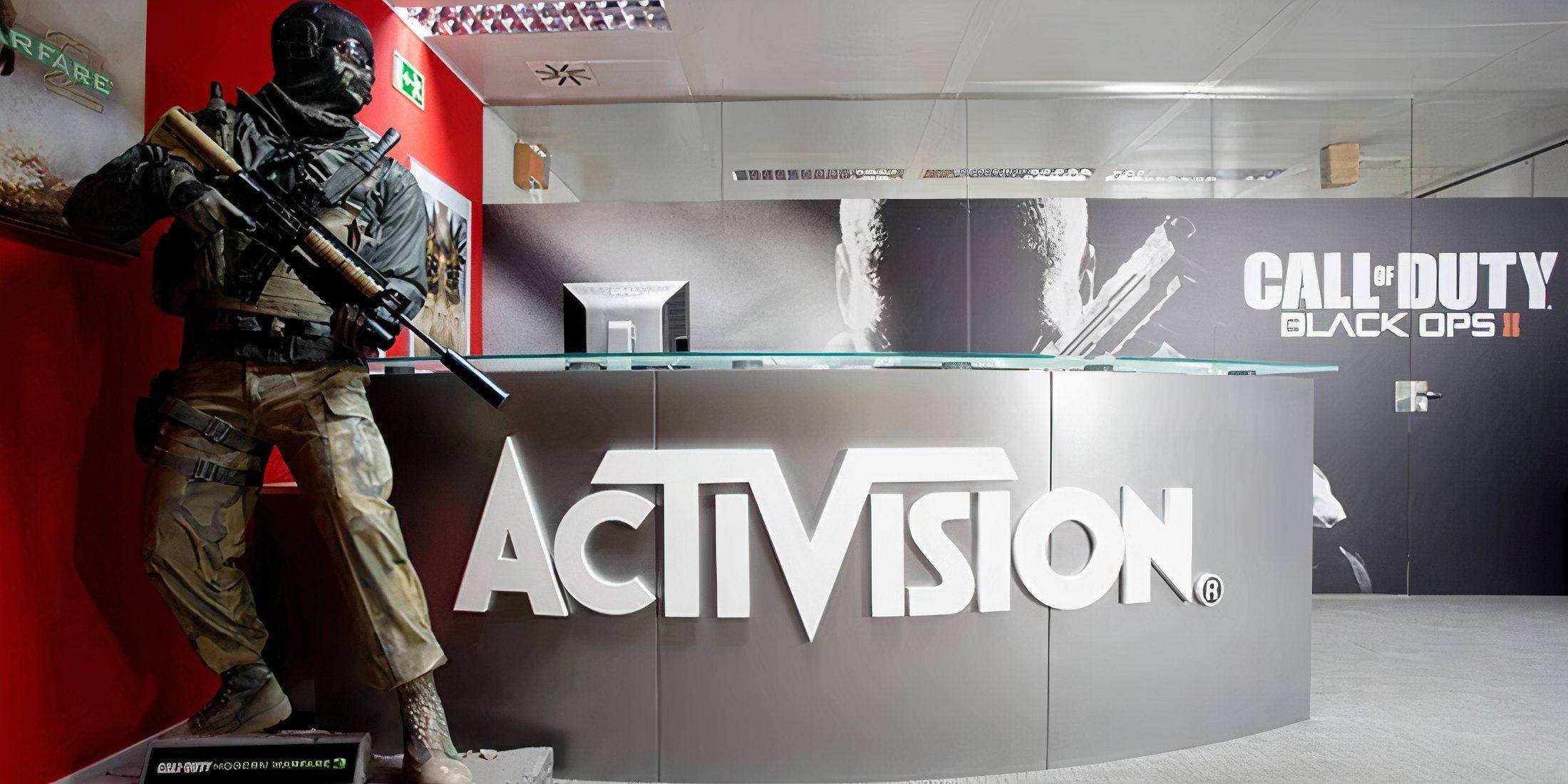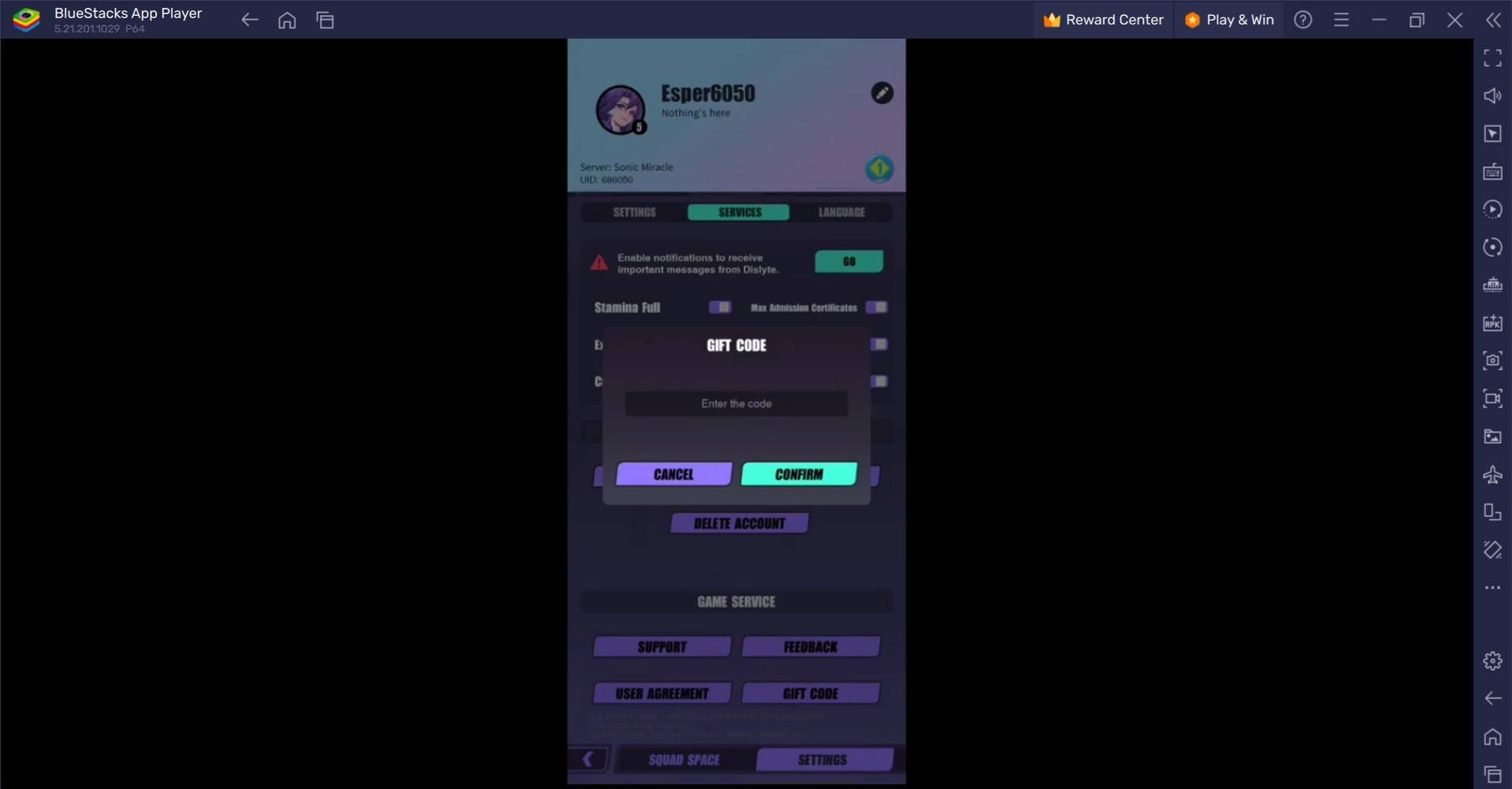
Summary
- Activision denies allegations linking Call of Duty to the Uvalde tragedy and defends the franchise's content as protected by the First Amendment.
- Activision's defense includes declarations from experts countering claims of the game being a "training camp for mass shooters."
- Uvalde families have until late February to respond to Activision's submitted documentation in the ongoing lawsuit.
Activision has mounted a robust defense in response to lawsuits filed by families of victims from the tragic Uvalde school shooting in 2022. These lawsuits, initiated in May 2024, claim that the shooter was influenced by the violent content found in Activision's Call of Duty series.
The Robb Elementary School shooting on May 24, 2022, claimed the lives of 19 children and two teachers, while injuring 17 others. The shooter, an 18-year-old former student of Robb Elementary, was an avid Call of Duty player, having downloaded Modern Warfare in November 2021. He used an AR-15 rifle similar to one depicted in the game. The lawsuit alleges that Meta, via Instagram, connected the shooter with firearm manufacturers, exposing him to ads for weapons like the AR-15, which he eventually purchased. The families argue that both Activision and Meta fostered a detrimental environment that preyed on vulnerable, impressionable teens, indirectly promoting violent actions.
According to Game File, Activision submitted a comprehensive 150-page defense in December 2023, refuting all claims and denying any direct link between Call of Duty and the Robb Elementary tragedy. The company also moved to dismiss the lawsuit under California's anti-SLAPP laws, which protect free speech from legal harassment. In another filing, Activision emphasized that Call of Duty is an expressive work safeguarded by the First Amendment, contending that allegations against the game's "hyper-realistic content" infringe upon this essential right.
Activision Defends Call of Duty in Uvalde Lawsuit
To bolster its defense, Activision included a 35-page declaration from Notre Dame professor Matthew Thomas Payne. Payne argues that Call of Duty aligns with the tradition of military realism seen in war films and TV, rather than serving as a "training camp for mass shooters" as alleged in the lawsuit. Additionally, Patrick Kelly, head of creative for Call of Duty, submitted a 38-page document detailing the game's design, including the $700 million budget for Call of Duty: Black Ops Cold War. These documents form part of Activision's comprehensive strategy to refute the Uvalde families' claims and challenge the legal arguments presented in the lawsuit.
Activision's filings contain extensive details, and the Uvalde families have until late February to respond. The outcome of this case remains uncertain, but it contributes to the ongoing debate about the role of violent video games in mass shootings.
 Home
Home  Navigation
Navigation






 Latest Articles
Latest Articles









 Latest Games
Latest Games












